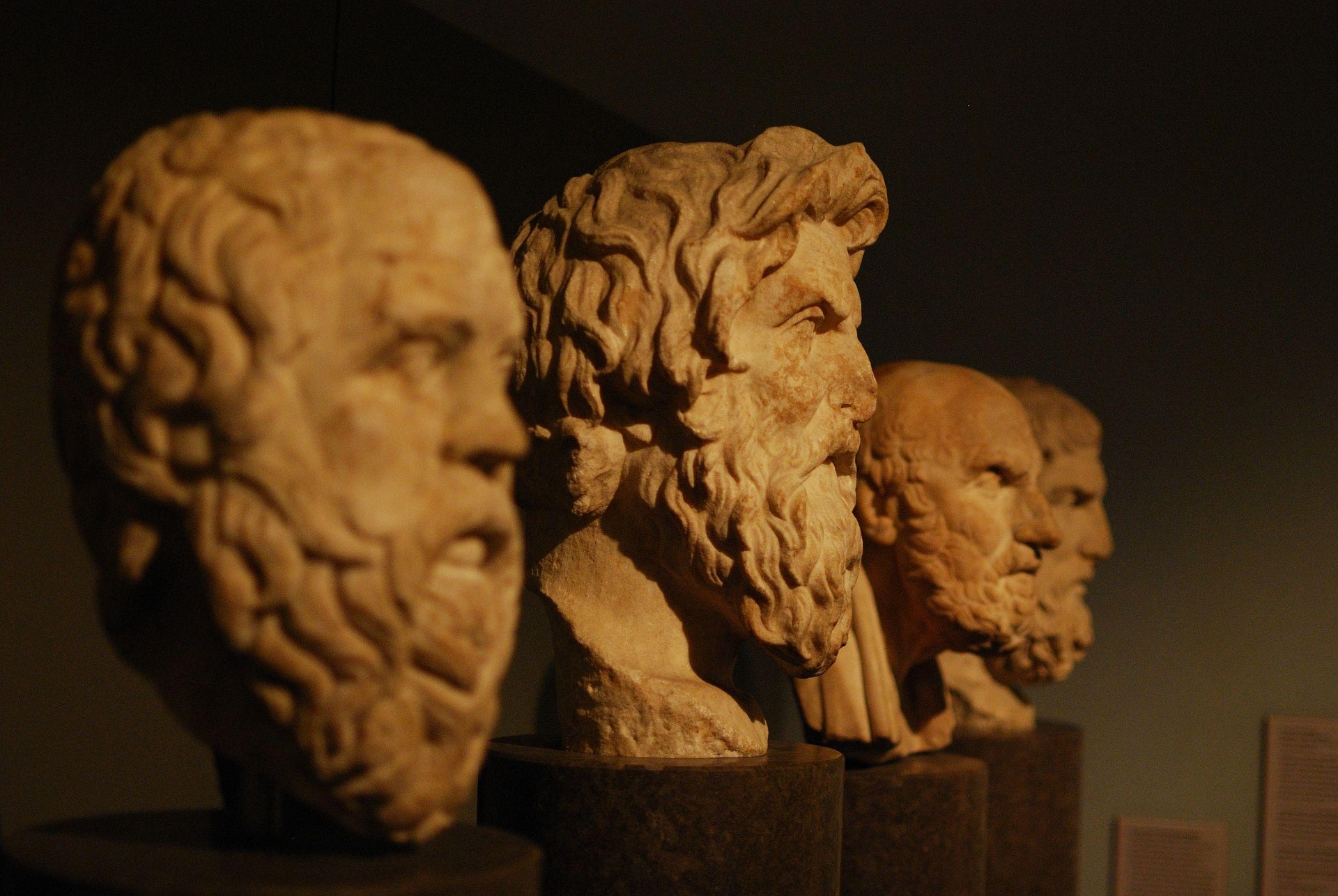Physical Address
Uttara Sector 7, Road 7, House 1, Dhaka
Physical Address
Uttara Sector 7, Road 7, House 1, Dhaka

Philosophy, the love of wisdom, has shaped human civilization for thousands of years. It explores fundamental questions about existence, knowledge, morality, and reality. The history of philosophy can be divided into different periods, each contributing to the evolution of human thought.
The origins of philosophy can be traced back to ancient civilizations, particularly in Greece, India, and China. The Pre-Socratic philosophers in ancient Greece, such as Thales, Anaximander, and Heraclitus, sought to explain the nature of the universe without relying on mythology. They introduced early ideas about physics, metaphysics, and ethics.
The Classical Period saw the rise of three of the most influential thinkers in Western philosophy: Socrates, Plato, and Aristotle. Socrates emphasized the importance of questioning and dialogue, laying the foundation for critical thinking. His student, Plato, established the Academy and developed ideas about ideal forms and justice. Aristotle, a student of Plato, contributed extensively to logic, ethics, and natural sciences, influencing philosophy for centuries.
During the medieval period, philosophy was deeply intertwined with religion, particularly in Christian, Islamic, and Jewish traditions. Thinkers like Saint Augustine merged Christian theology with Platonic philosophy, while Saint Thomas Aquinas integrated Aristotelian logic into Christian doctrine, shaping Catholic theology.
In the Islamic world, philosophers such as Avicenna (Ibn Sina) and Averroes (Ibn Rushd) preserved and expanded upon Greek philosophy, influencing both the medieval Christian world and the Renaissance.
The Renaissance (14th-17th century) marked a revival of classical philosophy, emphasizing humanism and scientific inquiry. Thinkers like Niccolò Machiavelli explored political philosophy, while Francis Bacon and René Descartes championed empirical and rationalist approaches to knowledge.
The Enlightenment (17th-18th century) further revolutionized philosophy. John Locke and David Hume developed theories of empiricism, emphasizing experience and observation. Immanuel Kant proposed his Critique of Pure Reason, exploring how the mind structures knowledge and perception. The period also saw the rise of social contract theories, with thinkers like Thomas Hobbes, Jean-Jacques Rousseau, and John Locke laying the groundwork for modern political philosophy.
The 19th and 20th centuries saw an explosion of diverse philosophical movements. Karl Marx developed his theory of historical materialism, influencing political and economic thought. Friedrich Nietzsche challenged traditional morality, advocating for the “will to power.”
The 20th century introduced existentialism through thinkers like Jean-Paul Sartre and Albert Camus, emphasizing human freedom and meaning. Meanwhile, analytic philosophy, led by Bertrand Russell and Ludwig Wittgenstein, focused on logic and language. Postmodern philosophers like Michel Foucault and Jacques Derrida questioned established narratives and power structures.
From ancient Greece to modern thought, philosophy has shaped human understanding of the world. It continues to evolve, addressing new ethical, scientific, and existential questions in an ever-changing world. As long as humans seek wisdom, philosophy will remain a guiding force in our intellectual journey.
5x74pt